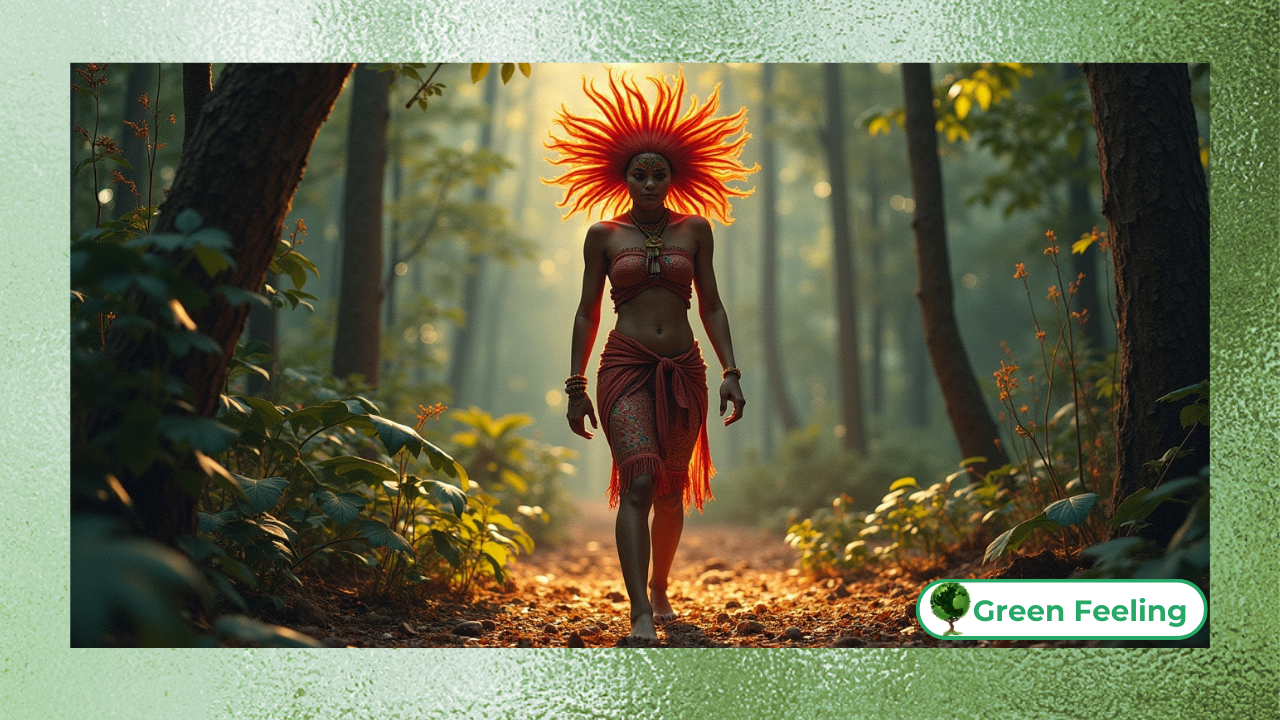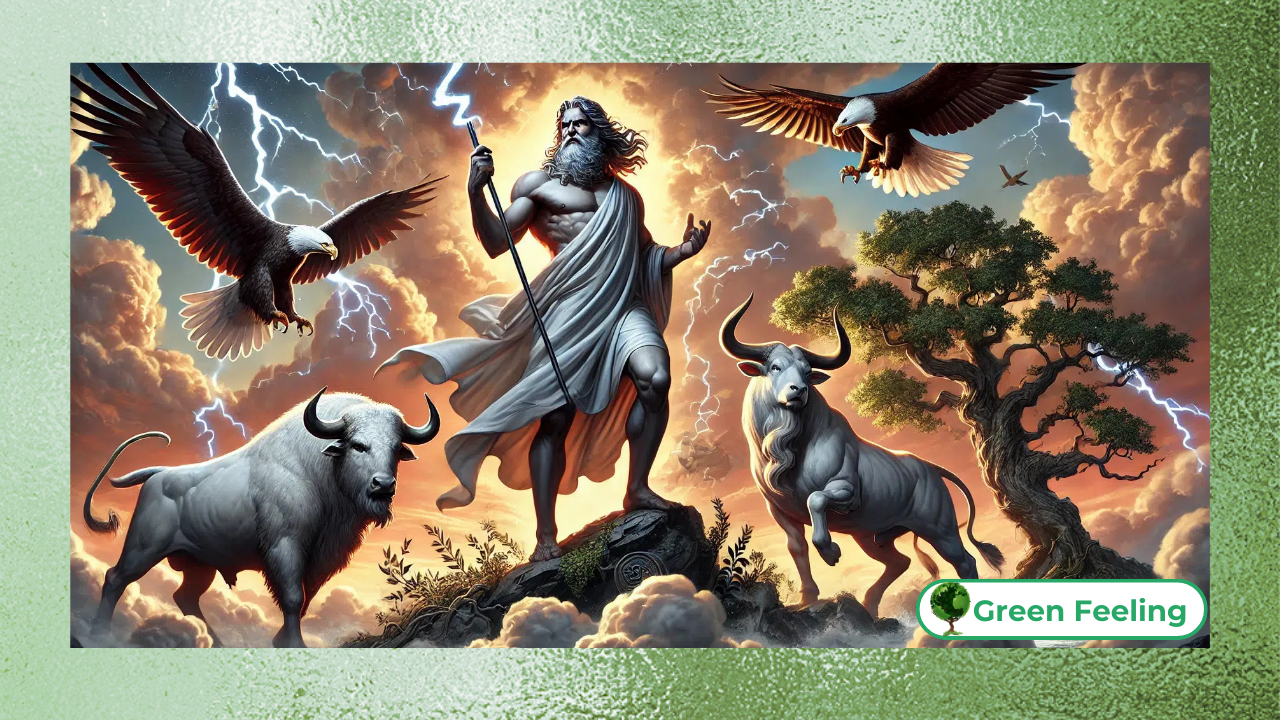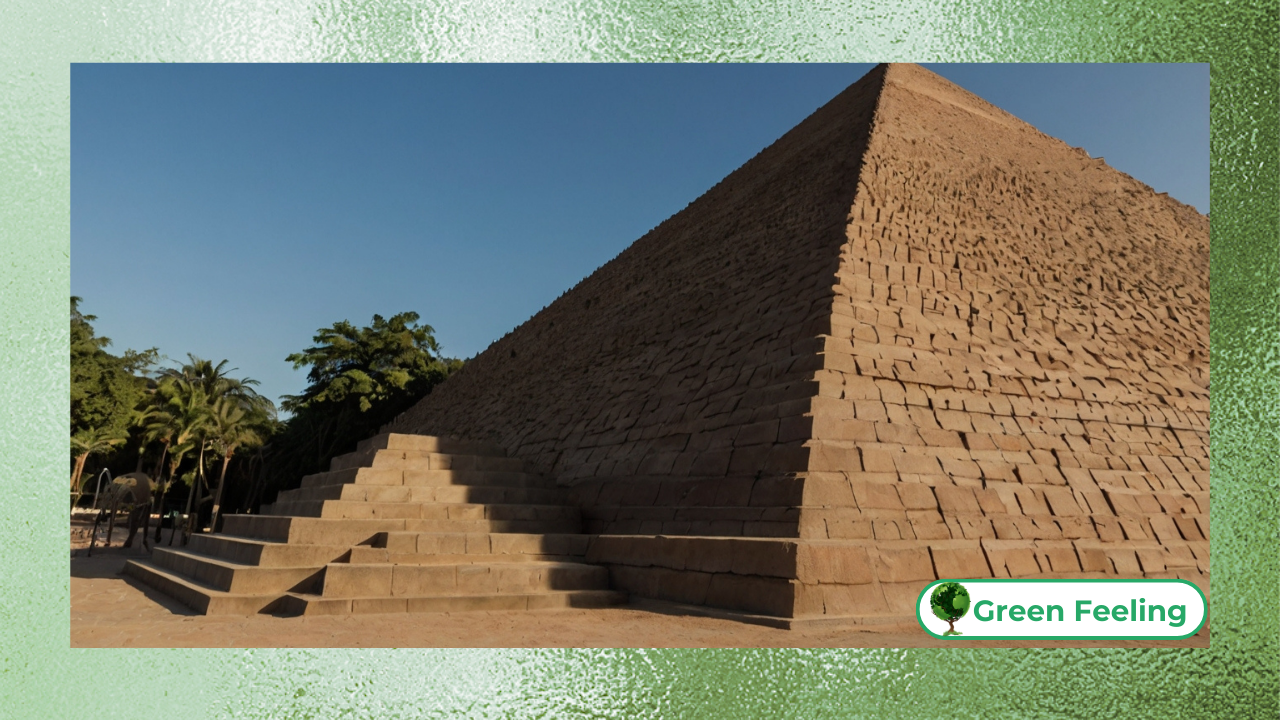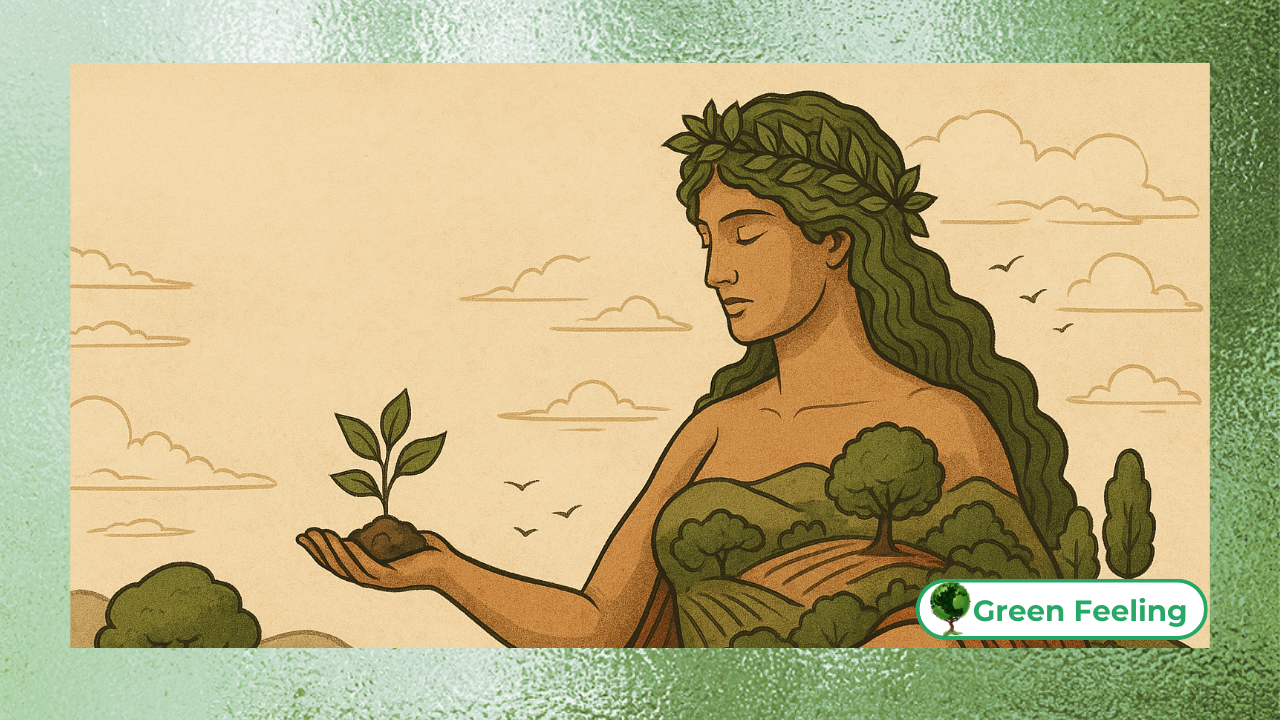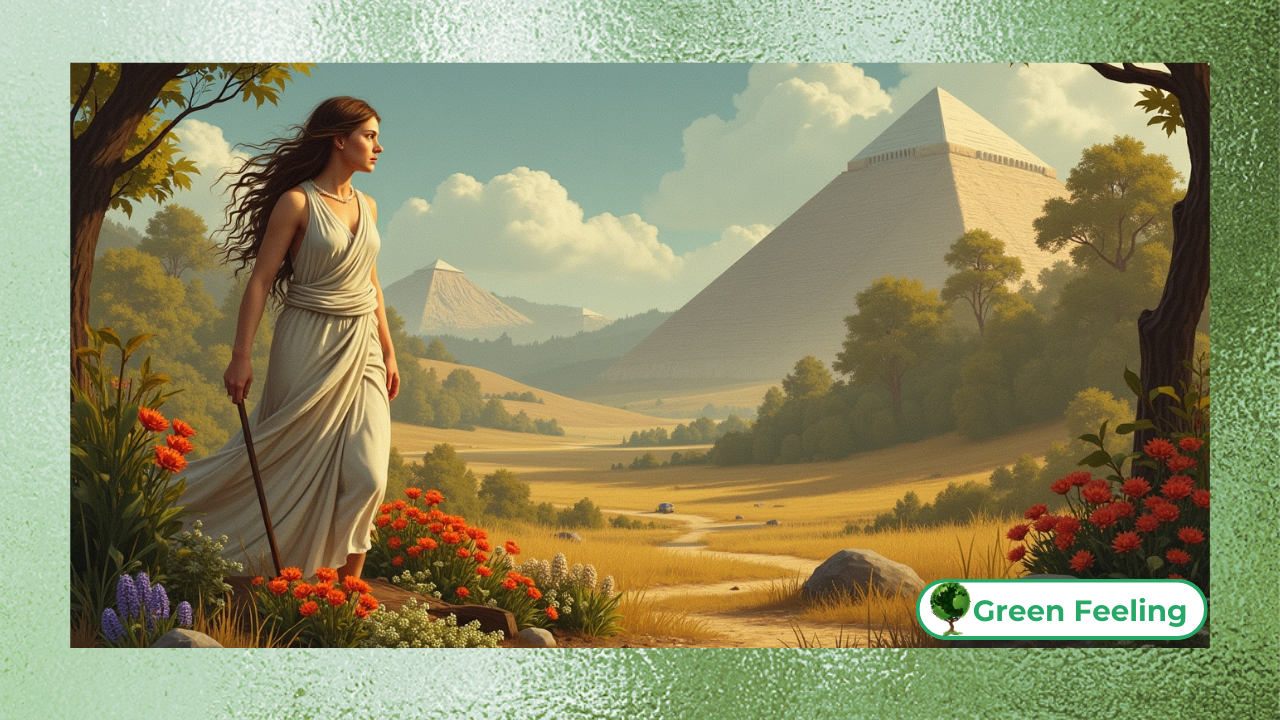The Influence of Celtic Mythology in the Fantasy Universe
Celtic mythology has been a profound and enduring influence on the fantasy genre, shaping not only the creation of fantastical worlds but also the themes, characters, and narrative structures that define much of the genre today.
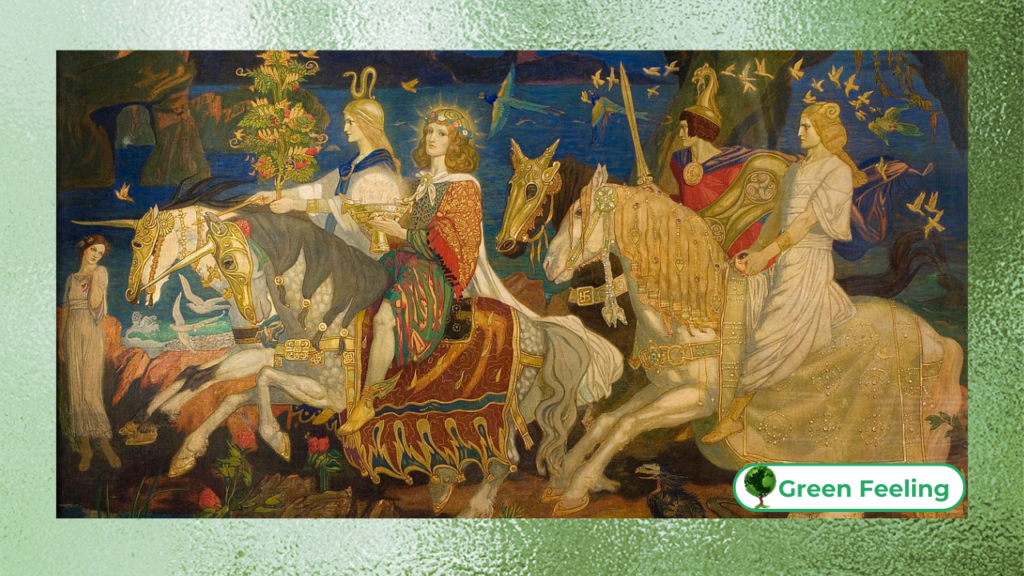
Rooted in the ancient traditions of the Celts, this mythology is characterized by rich oral storytelling, the veneration of nature, the existence of supernatural realms, and a pantheon of gods and legendary heroes.
Over centuries, these elements have transcended their cultural origins and become an integral part of the modern fantasy universe.
Celtic Mythology: An Overview
This essay will explore how Celtic mythology influenced the development of fantasy literature, focusing on its impact on the creation of magical worlds, its themes of fate and heroism, and the lasting legacy of Celtic figures and gods.
We will also examine how these mythological elements are represented in contemporary fantasy literature and media, supported by examples from notable works and modern adaptations.
Celtic mythology is not a singular, unified system of beliefs, but rather a collection of regional traditions and stories from the ancient Celts of Ireland, Scotland, Wales, and parts of France.
Key themes include the strong connection between the physical and spiritual worlds, a rich pantheon of deities, and the recurring motif of heroes and quests.
Central to the mythology is the belief in an Otherworld—a realm that exists parallel to our own, often filled with magical creatures and divine beings.
In this Otherworld, the rules of time and space are fluid, and individuals may move between the realms through portals or magical means.
This idea of a world beyond our own, where reality bends and the supernatural is omnipresent, has had a significant influence on fantasy fiction, particularly in works like The Lord of the Rings, The Chronicles of Narnia, and The Witcher.
The Otherworld: A Portal to Fantasy
One of the most compelling aspects of Celtic mythology is the concept of the Otherworld.
The Celts believed that the Otherworld was a realm where gods, faeries, and spirits existed—an ethereal place that was both desirable and dangerous.
These beliefs have influenced the portrayal of parallel universes and mystical lands in fantasy literature.
Writers in the fantasy genre frequently borrow from this idea, creating realms where the laws of nature do not apply and the creatures that inhabit them are often both magical and menacing.
“Myth is not a fiction, but a representation of the deepest truths of human existence.” – Joseph Campbell
In works like The Lord of the Rings, J.R.R. Tolkien channels elements of the Otherworld by creating places like the elven kingdom of Lothlórien, a magical land where time flows differently and the boundaries between the physical and spiritual realms blur.
Similarly, C.S. Lewis’ The Chronicles of Narnia introduces readers to a world accessed through a wardrobe, where magic is inherent and the creatures that inhabit it reflect the blending of the real and the supernatural.
+ Norse Mythology: The Gods and Their Worlds
Table 1: Celtic Otherworld Elements in Fantasy Literature
| Element | Celtic Mythology | Example in Fantasy Literature |
| Parallel Realms | The Otherworld, a spiritual realm | Lothlórien in The Lord of the Rings |
| Magic and Wonder | Faeries, magical beings, and spirits | Faeries in The Chronicles of Narnia |
| Time and Space | Time is fluid in the Otherworld |
The wardrobe in The Chronicles of Narnia
|
| Dangerous Realms | Realms filled with mystery and danger | The Dark Forest in The Witcher |
Celtic Heroes and Gods: Shaping Modern Fantasy Characters
Another important aspect of Celtic mythology that has influenced the fantasy genre is the rich pantheon of gods and legendary heroes.
Figures like Cú Chulainn, the great warrior of Irish mythology, and the Morrígan, the goddess of war and fate, have become archetypal models for many fantasy characters.
These characters often embody the themes of heroism, fate, and struggle against overwhelming odds, all of which are central to the fantasy genre.
Cú Chulainn, for example, is a hero who is bound by fate to perform incredible feats of strength and valor.
His tragic end and the challenges he faces reflect the importance of fate and destiny in Celtic beliefs, themes that are echoed in modern fantasy heroes like Aragorn in The Lord of the Rings or Geralt of Rivia in The Witcher series.
The Morrígan, a powerful and enigmatic goddess who controls war and death, has also influenced the depiction of female characters in fantasy literature.
Her ability to shape the fate of warriors and engage in battle alongside them provides an archetype for strong, divine female characters like Melisandre in A Song of Ice and Fire and Galadriel in The Lord of the Rings.
Table 2: Celtic Gods and Heroes in Fantasy Literature
| Celtic Figure | Mythological Traits | Fantasy Equivalent |
| Cú Chulainn | Fate-bound hero, warrior, tragic destiny | Aragorn (The Lord of the Rings) |
| The Morrígan | Goddess of war, fate, and death | Melisandre (A Song of Ice and Fire) |
| Lugh | God of craftsmanship, light, and war | Gandalf (The Lord of the Rings) |
| Brigid | Goddess of healing, poetry, and fertility | Galadriel (The Lord of the Rings) |
Themes of Fate and Destiny in Celtic Mythology
Fate plays a crucial role in Celtic mythology, particularly in the form of prophecies and predetermined outcomes.
The Celts believed that the future was often foretold by seers or divine beings, and heroes were bound to fulfill these prophecies, no matter how difficult or tragic their journeys became.
This concept of fate is pervasive in fantasy literature, where heroes often find themselves bound by destiny, whether it be through a prophecy or a divine calling.
In The Lord of the Rings, for instance, Frodo Baggins is chosen to carry the One Ring, a task that shapes his destiny and forces him to confront evil on a scale he never imagined.
Similarly, in The Witcher series, Geralt of Rivia is bound by fate to confront monsters and political intrigue, often struggling with his role in the larger world.
These themes of fate and destiny are not only central to character development but also serve to create a sense of inevitability and gravity in the narrative.
The hero’s journey is often marked by trials and challenges that lead them toward their preordained role, echoing the belief in the Celts that one cannot escape the call of fate.
Table 3: Fate and Prophecy in Fantasy Literature
| Mythological Theme | Celtic Belief | Fantasy Representation |
| Prophecies | Gods and seers predict future events |
Frodo’s journey in The Lord of the Rings
|
| Hero’s Destiny | Heroes are fated to fulfill their roles | Geralt’s struggle in The Witcher |
| Divine Influence | Gods intervene in mortal affairs |
Gandalf’s guidance in The Lord of the Rings
|
Global Reception and Modern Adaptations
The influence of Celtic mythology extends far beyond the pages of books, inspiring films, television shows, and video games.
The rich tapestry of Celtic folklore has been adapted in numerous ways to create compelling narratives in modern media.
From films like Braveheart, which draws on the history and legends of Scotland, to video games like The Witcher, which incorporates elements of Celtic mythology into its narrative, the legacy of the Celts continues to captivate audiences worldwide.
“The world of myth is the world of symbols, and through them we find the true heart of fantasy.” – John Ronald Reuel Tolkien
The themes of Celtic mythology—magic, destiny, and heroism—are timeless and resonate with modern audiences just as they did with ancient Celtic tribes.
The influence of these myths can be seen in the enduring popularity of works that explore the supernatural and the unknown, as well as in the diverse array of characters and settings that have come to define fantasy literature.
+ The Role of Goddesses in Ancient Mythology
Conclusion
Celtic mythology has had a lasting and significant influence on the development of the fantasy genre.
Its rich pantheon of gods, its depiction of the Otherworld, and its themes of fate and heroism have all played a crucial role in shaping the fantastical worlds that we encounter in literature, film, and video games.
By exploring the timeless appeal of Celtic myths and adapting them to contemporary narratives, creators continue to keep the legacy of the Celts alive, ensuring that their stories remain a vibrant part of the fantasy universe.
References
- Tolkien, J.R.R. The Lord of the Rings. HarperCollins, 2001.
- Lewis, C.S. The Chronicles of Narnia. HarperCollins, 2000.
- Sapkowski, Andrzej. The Witcher Series. Orbit Books, 2009.
- Bradley, Marion Zimmer. The Mists of Avalon. Knopf, 1983.
- Dumézil, Georges. The Celts: History, Life, and Culture. Thames & Hudson, 2003.

